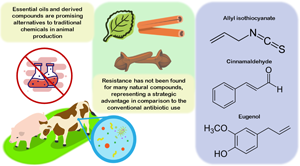Ectoparasites are important to the one health concept because their parasitism can result in the transmission of pathogens, allergic reactions, the release of toxins, morbidity, and even death of the host. Ectoparasites can affect host physiology, as reflected in immune defenses and body condition as well as hematological and biochemical parameters. Thus, evidence that ectoparasites influence host hematological parameters was systematically reviewed, and the methodological quality of these studies was analyzed. The Preferred Reporting Items for Systematic Reviews and Meta-Analysis guidelines were followed, and the studies included were limited to those that evaluated changes in hematological tests in ectoparasite-infested and non-infested animals, and bias and methodological quality were evaluated using the Animal Research: Reporting of In Vivo Experiments guideline. Thirty-four studies were selected and information about the host, ectoparasite infestation, blood collection, and analysis was collected and compared whenever possible. In this review, the presence of ectoparasites influenced both the red series and the white series of hematological parameters. Among the main parameters analyzed, hematocrit, red blood cells, hemoglobin, and lymphocytes showed reductions, probably due to ectoparasite blood-feeding, while including eosinophils, neutrophils, and basophils increased in infested animals due to the host immune response. However, methodologic improvements are needed to reduce the risk of bias, enhance the reproducibility of such studies, and ensure results aligned with the mechanisms that act in the ectoparasite-host relationship.

